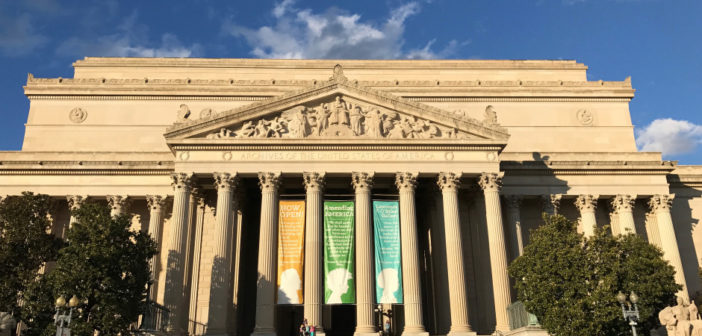When getting involved in political disagreements, it’s likely that someone will bring up the United States Constitution. Many disagree over whether the Constitution should be interpreted as it was written or treated as an ever-evolving document. The original version of the Constitution was ratified in 1787, almost 250 years ago. Much has changed since then, and as a result, amendments have been added to cover the blind spots of the Constitution. The average person may be knowledgeable of a few of these amendments or even all of them. We’ve been modifying the Constitution since 1791, and even most recently in 1992.
Regarding the concept of amendments alone, the Constitution should be treated as an evolving document that can be modified over time as our culture, values, and the way our society works all change. These amendments are different from laws because while laws can be changed, amendments are intended to be permanent. This means that although the words won’t change, the intentions or meaning may warp with time. Even our most basic amendments, such as the right to free speech or the right to bear arms, have changed in meaning over time. The right to bear arms was much different than it is today with the different firearms available, and the right to free speech didn’t apply to women or people of color back in the 1700s. The United States is constantly moving forward, and so should the documents that represent our laws.
The difficulty that arises with the concept of a living Constitution is that if the Constitution can be changed, what is stopping any old politician from changing it to whatever the popular opinion of the week is? If America has changed so much in the last 200 years, who is to say it won’t swing back and forth? It comes down to what the people think the intended purpose of the Constitution is.
According to Professor Doug Linder at the University of Missouri, there are two sides to this coin. First, there are the originalists. These are the people who believe that the Constitution should be interpreted as it was originally written and that it should only be changed after going through extensive measures, through a constitutional convent, and a 75 percent vote in Congress. They didn’t give weight to the intent of the law when it was written or what may have been going on at the time to spur writing the law. Originalists focus solely on what the words mean in the original text and accept them as they are. In Linder’s 1987 essay on constitutional interpretation, he makes an analogy to baseball to help understand the comparison: “an umpire’s job is merely to interpret the rules, not change them.”
On the other side of this coin are the non-originalists, for lack of a better word. These are the people who look beyond the original text, such as by reflecting on what the original authors may have meant and if there is room for interpretation. They look at whether or not the words are applicable today and why they would be relevant.
Both of these views have their place and reasons for existing. Originalists preserve the Supreme Court’s authority and don’t leave room for public interpretation to corrupt fundamental rights like free speech or the right to bear arms. Non-originalists allow for progression and an amendment process, like expanding the laws to allow women to vote.
A healthy balance is the best way to go. It’s an extensive process to amend the Constitution, with the approval of three-quarters of the states being necessary before one can be added. While some worry about the integrity of the document being comprised if it’s able to be modified, sometimes it’s necessary to keep up with our ever-changing society.
It would be absurd if we still lived in a world in which people could be denied the right to vote based on the color of their skin, or one in which someone could be elected President over and over again. Although at one point, it wasn’t so crazy; this is a testament to how our world is always changing.





